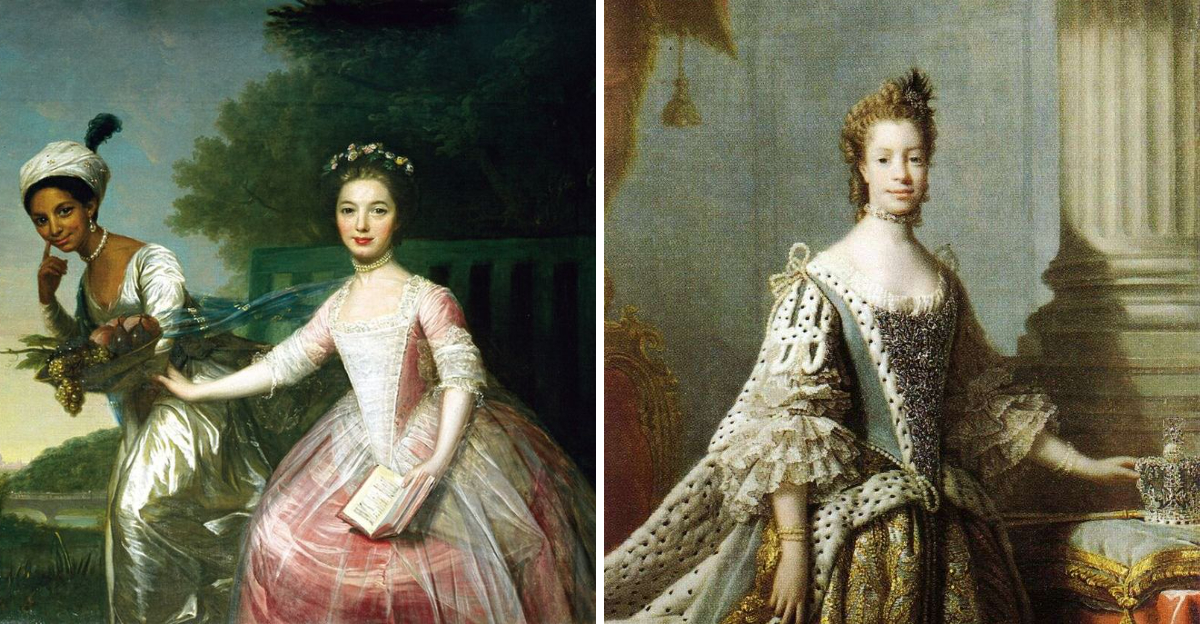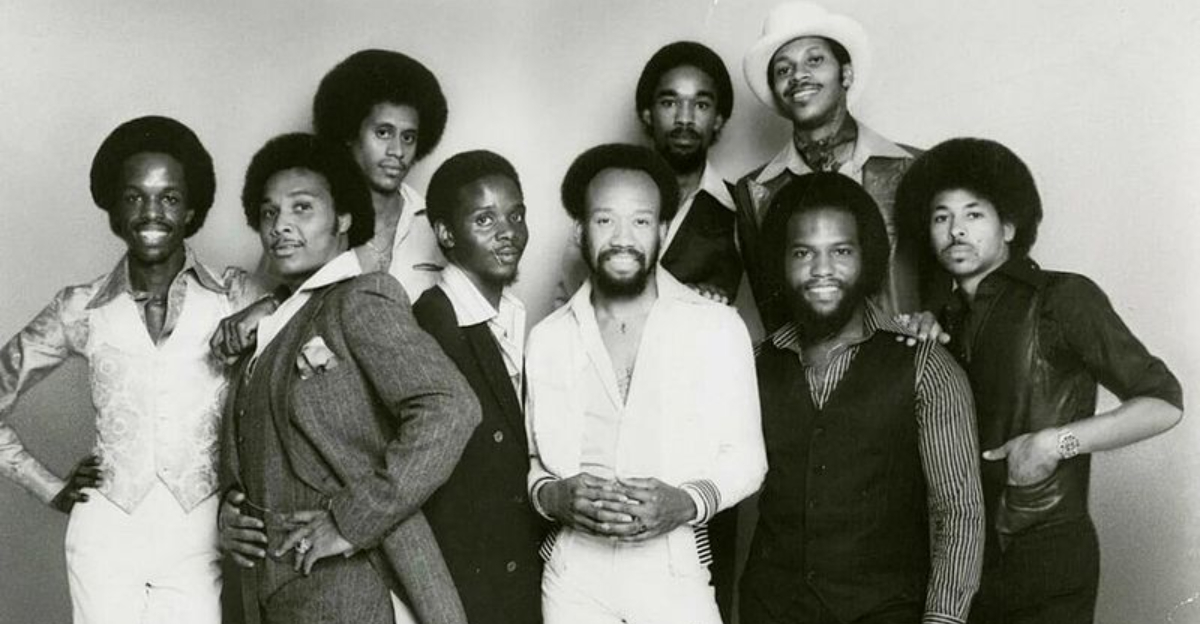20 Albums Critics Slammed Before They Became Legendary Hits
Music critics don’t always get it right the first time around. Some of the most groundbreaking albums in history were trashed by reviewers who just didn’t understand what they were hearing.
What seemed weird or disappointing back then eventually became the soundtrack to entire generations, proving that sometimes genius takes a little time to recognize.
1. The Velvet Underground & Nico by The Velvet Underground
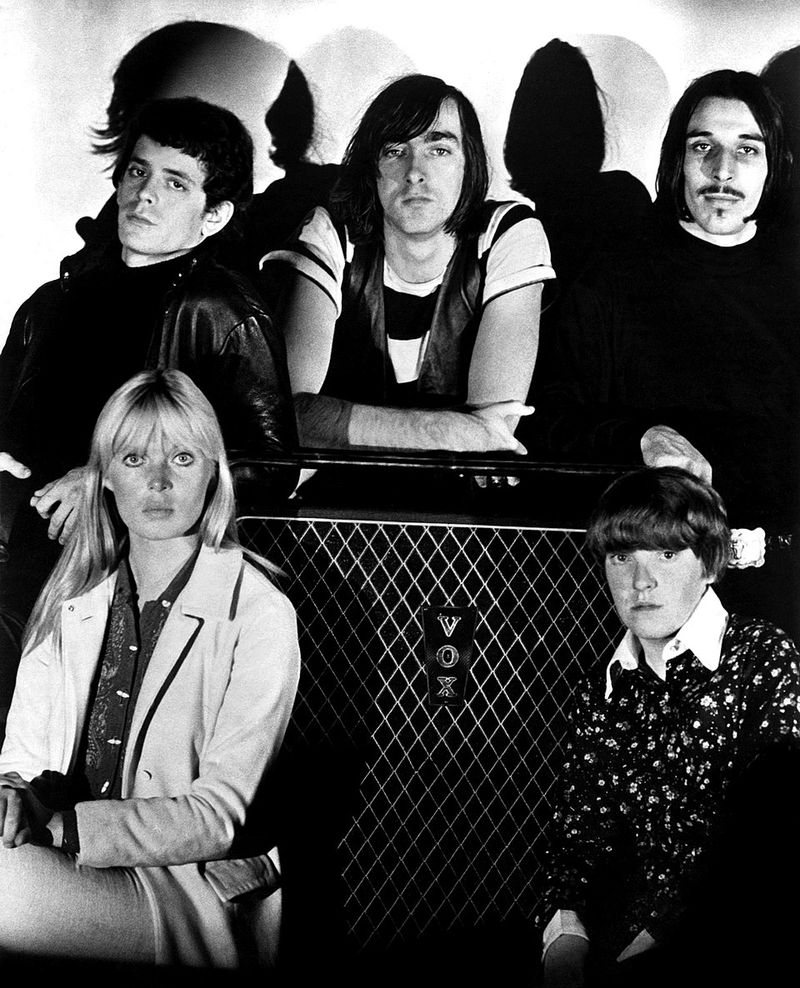
Back in 1967, most critics couldn’t handle the dark, droning sounds coming from Lou Reed and company. Reviewers called it noisy, depressing, and completely uncommercial.
Fast forward a few decades, and suddenly everyone realized this album basically invented alternative rock. Producer Brian Eno famously said that only 30,000 people bought it, but every single one started a band.
2. Pet Sounds by The Beach Boys
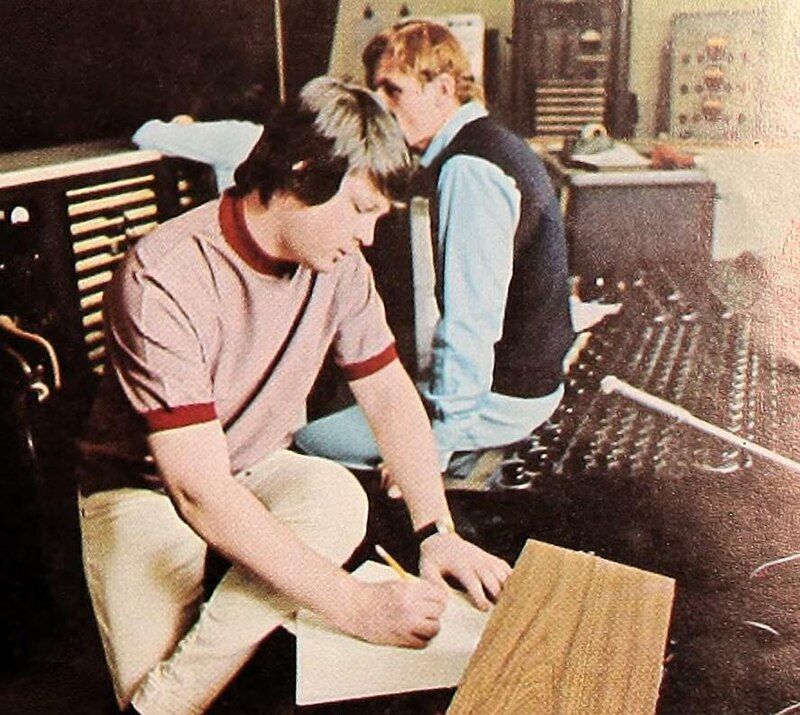
When Brian Wilson ditched surfing songs for complex orchestral arrangements, critics were seriously confused. Many reviewers thought the album was too weird and way too experimental for a pop band.
Capitol Records even refused to release it properly in America! Now it regularly tops lists of the greatest albums ever made, inspiring everyone from The Beatles to modern indie bands.
3. Blonde on Blonde by Bob Dylan
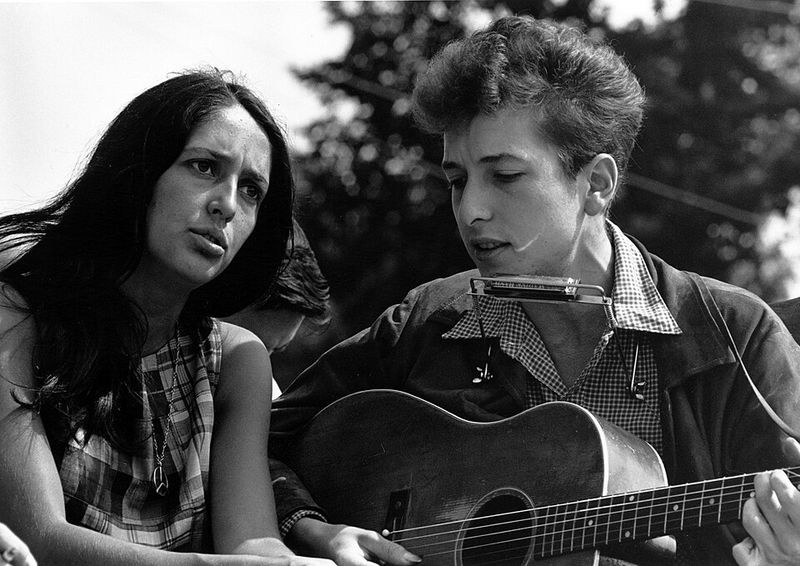
Critics absolutely roasted Dylan for going electric and recording this sprawling double album. Publications called it self-indulgent, messy, and impossible to understand.
Rolling Stone magazine even published mixed reviews questioning whether Dylan had lost his mind. Decades later, songs like “Just Like a Woman” and “Visions of Johanna” are considered pure poetry, and the album sits comfortably among rock’s all-time classics.
4. Sgt. Pepper’s Lonely Hearts Club Band by The Beatles
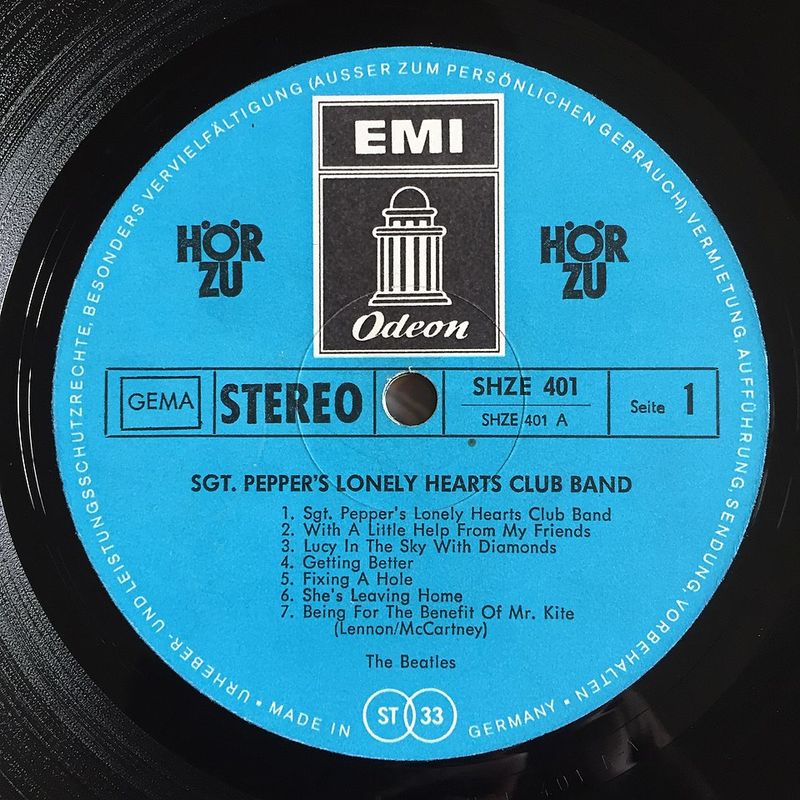
Believe it or not, some listeners thought this psychedelic masterpiece was pretentious garbage when it dropped—too busy, too strange, and completely over the top.
Richard Goldstein’s famous pan in The Village Voice became legendary for all the wrong reasons. Today, it’s universally recognized as one of the most influential albums in music history.
5. Kid A by Radiohead

Radiohead fans were totally baffled when the band ditched guitars for electronic bleeps and bloops. Early listeners found it strange, distant, and almost alien.
Some longtime fans felt betrayed by the dramatic shift in sound. Within a few years, though, Kid A was hailed as visionary, influencing countless artists and redefining what rock music could be.
6. London Calling by The Clash
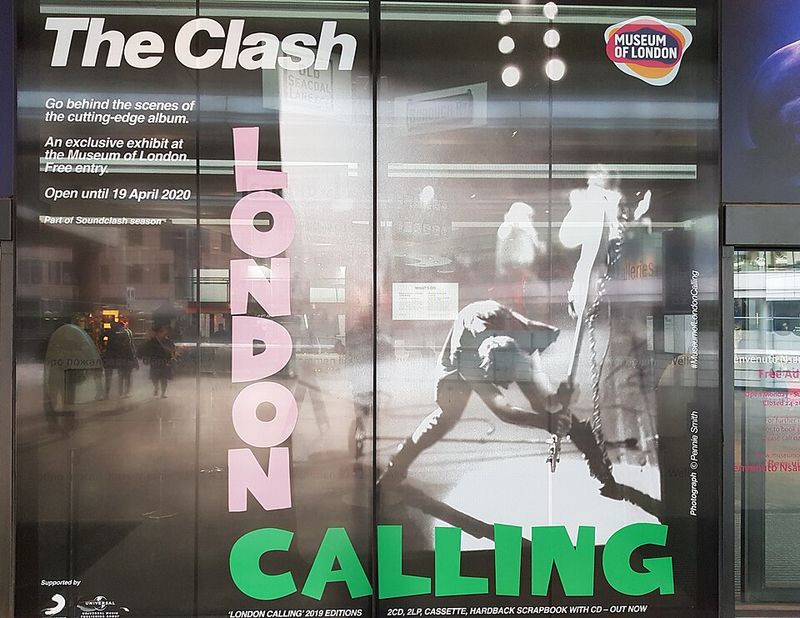
When this double album came out, many punk purists thought The Clash had sold out by mixing in reggae, ska, and rockabilly. Critics complained it was too long and all over the place musically.
Some reviews accused the band of losing focus and trying too hard to be everything to everyone. Now it’s considered one of the greatest rock albums ever, with Rolling Stone ranking it number eight on their top 500 list.
7. Let It Be by The Beatles
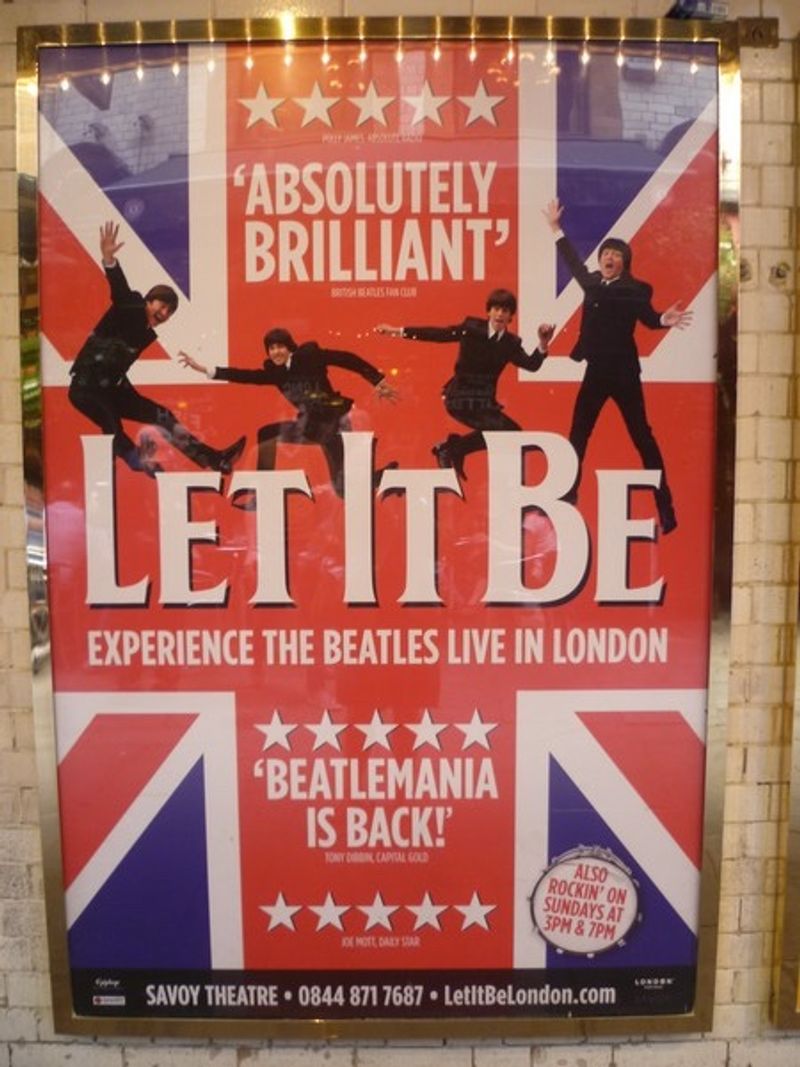
Critics savaged this one as a messy, half-finished collection of songs that proved The Beatles were falling apart. Rolling Stone called it disappointing and said it sounded like the band didn’t even care anymore.
Phil Spector’s production choices were especially controversial, with many reviewers hating his wall-of-sound approach. Despite the negativity, songs like the title track became timeless classics that still resonate with millions today.
8. My Aim Is True by Elvis Costello

Elvis Costello’s debut was too nerdy for punk rockers and too angry for mainstream audiences, leaving critics scratching their heads. Many reviews dismissed him as a Bob Dylan wannabe with weird glasses and no real identity.
Radio stations barely touched it, and sales were initially disappointing. Eventually, people caught on to Costello’s brilliant songwriting, and the album is now considered one of the best debuts in rock history.
9. In the Court of the Crimson King by King Crimson
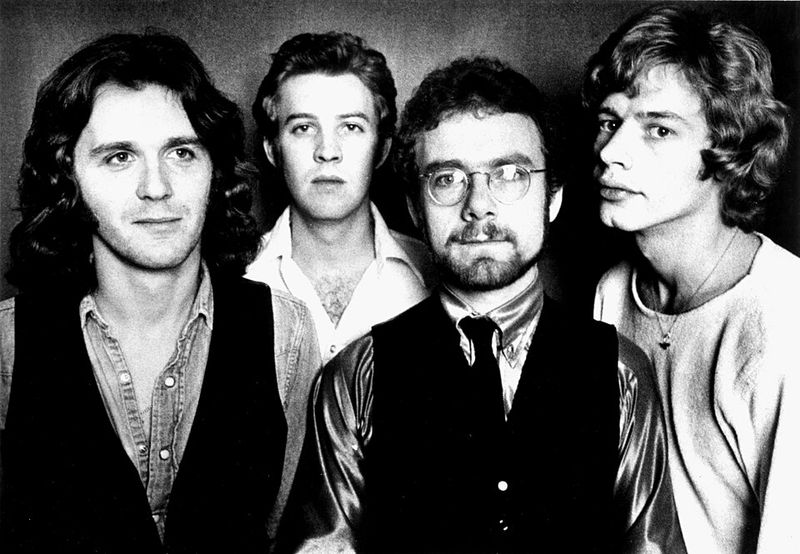
Progressive rock wasn’t really a thing yet when this album dropped, so critics had absolutely no idea what to make of it. Reviews called it overblown, pretentious, and way too complicated for its own good.
Many dismissed it as classical music wannabes trying to be rock stars. Decades later, musicians and fans recognize it as the album that basically created progressive rock, inspiring Genesis, Yes, and countless others.
10. Blood on the Tracks by Bob Dylan
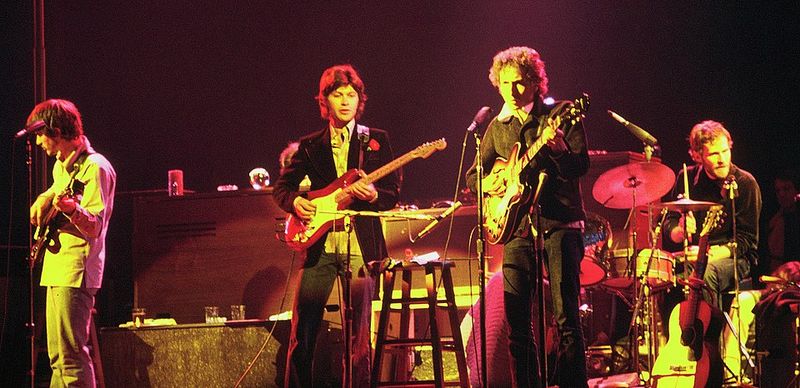
Rolling Stone initially gave this deeply personal album a lukewarm review, calling it uneven and self-pitying. Critics thought Dylan was wallowing in his divorce instead of making real art.
Some reviewers even suggested he should retire and stop embarrassing himself. Funny how opinions change because now it’s considered Dylan’s best work of the 1970s, with songs like “Tangled Up in Blue” becoming absolute standards in his catalog.
11. Raw Power by The Stooges
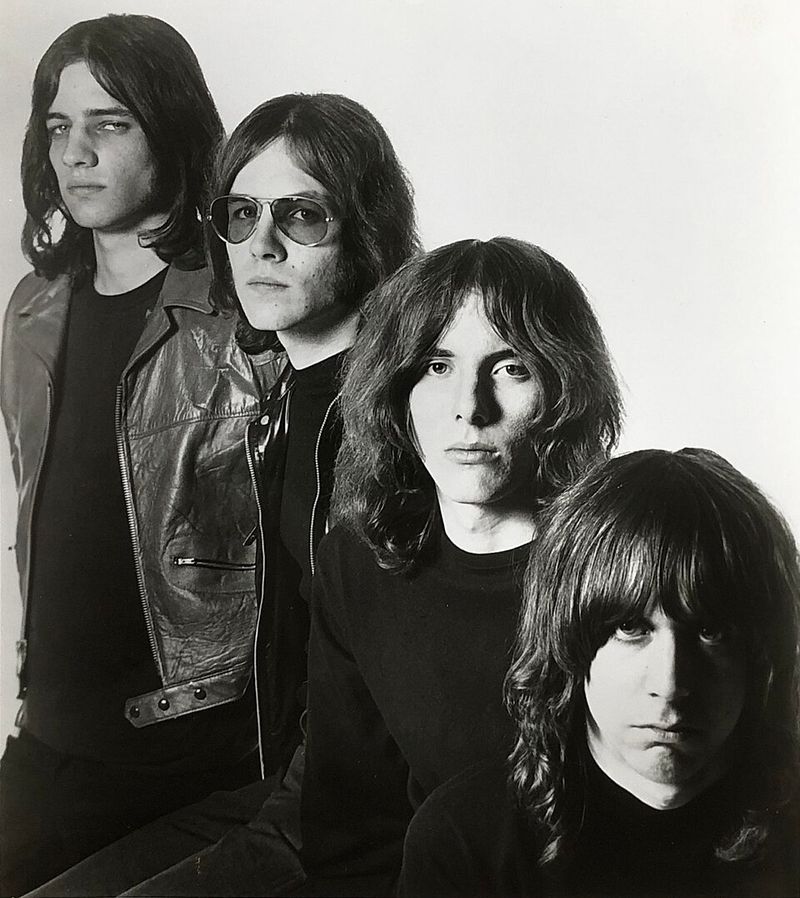
Iggy Pop and The Stooges created something so raw and aggressive that critics in 1973 just couldn’t handle it. Reviews trashed it as amateurish, poorly produced, and unlistenable noise.
David Bowie’s production was criticized as muddy and unclear. Punk rockers a few years later worshipped this album as the blueprint for everything they wanted to do, and it’s now recognized as a foundational punk record.
12. The Wall by Pink Floyd
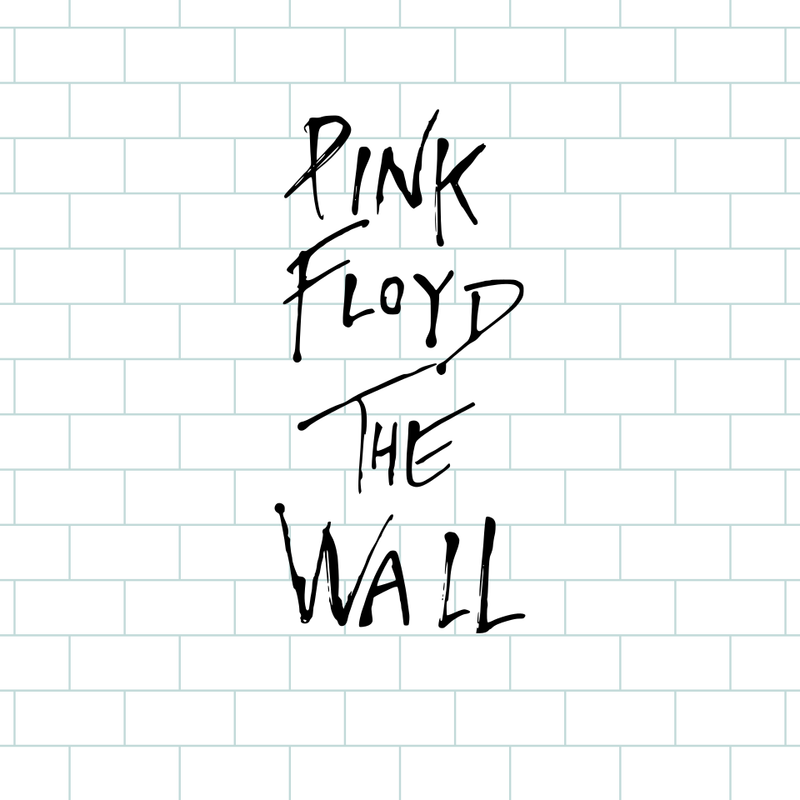
Many critics thought Roger Waters had gone completely off the deep end with this massive, depressing rock opera. Initial reviews called it bloated, self-indulgent, and way too dark for mainstream audiences.
Certain publications suggested Pink Floyd had lost the plot entirely. Despite the criticism, it became one of the best-selling albums of all time, and the accompanying tour and film cemented its place in rock history.
13. Metal Machine Music by Lou Reed

Okay, critics absolutely hated this one, and honestly, most people still do! Lou Reed released an entire double album of guitar feedback and noise with zero conventional songs.
Reviews called it a joke, a scam, and the worst album ever made. Avant-garde music fans and noise artists eventually embraced it as a groundbreaking experiment in sound, though it remains his most divisive work by far.
14. Horses by Patti Smith

Patti Smith’s blend of punk rock and beat poetry confused critics who didn’t know whether to treat her as a musician or a performance artist. Many reviews dismissed her as pretentious and trying too hard to be cool.
Her unconventional vocal style was particularly polarizing. Within a few years, though, Horses was recognized as a landmark album that helped birth punk rock and opened doors for countless female artists.
15. Low by David Bowie

Bowie’s sudden shift to experimental, ambient soundscapes left critics completely cold when Low dropped. Reviews complained it was depressing, weird, and completely uncommercial, with the second side being almost entirely instrumental.
RCA Records was reportedly furious and considered not releasing it. Now it’s hailed as one of Bowie’s most innovative works, and the Berlin trilogy it launched influenced everyone from Joy Division to Radiohead.
16. Sticky Fingers by The Rolling Stones
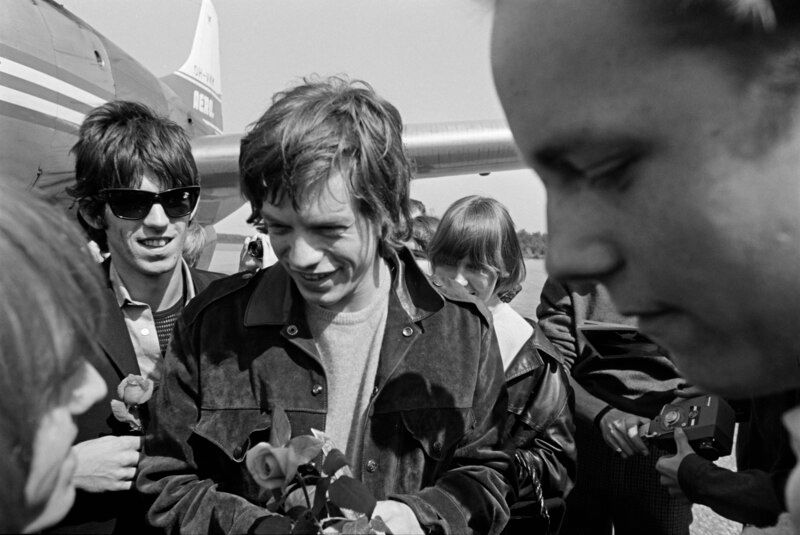
Critics thought the Stones were past their prime and getting too sleazy with this one, calling it unfocused and overly sexual. The Andy Warhol zipper cover was banned in some places for being too suggestive.
Reviews suggested the band was coasting on past success rather than innovating. Decades later, songs like “Brown Sugar” and “Wild Horses” are considered classic Stones, and the album is regularly ranked among their best work.
17. Appetite for Destruction by Guns N’ Roses

When this explosive debut arrived, many critics dismissed Guns N’ Roses as just another hair metal band with nothing new to offer. Reviews called them derivative, juvenile, and too obsessed with sex and drugs.
The original cover art was so controversial it had to be changed. Once “Sweet Child O’ Mine” and “Welcome to the Jungle” took over radio, everyone realized this was the real deal, and it became the best-selling debut album ever.
18. OK Computer by Radiohead

After the massive success of “Creep,” critics expected more straightforward rock and instead got this complex, paranoid masterpiece. Early reviews were mixed, with some calling it cold, calculated, and too depressing for mainstream success.
Many thought Radiohead was trying too hard to be artsy. Within months, opinion shifted dramatically, and OK Computer is now considered one of the most important albums of the 1990s and beyond.
19. Fun House by The Stooges
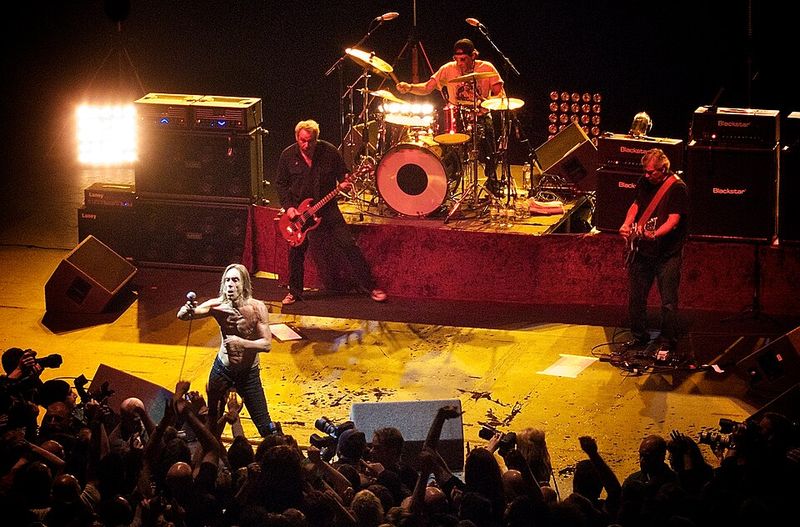
Even more extreme than Raw Power, Fun House was savaged by critics who thought Iggy Pop had completely lost his mind. Reviews called it chaotic, unmusical, and proof that The Stooges had no future.
It sold terribly and was quickly forgotten. Punk and alternative musicians later rediscovered it, recognizing the album as a raw, powerful explosion of energy that predicted punk rock by half a decade and influenced everyone from The Ramones to Nirvana.

